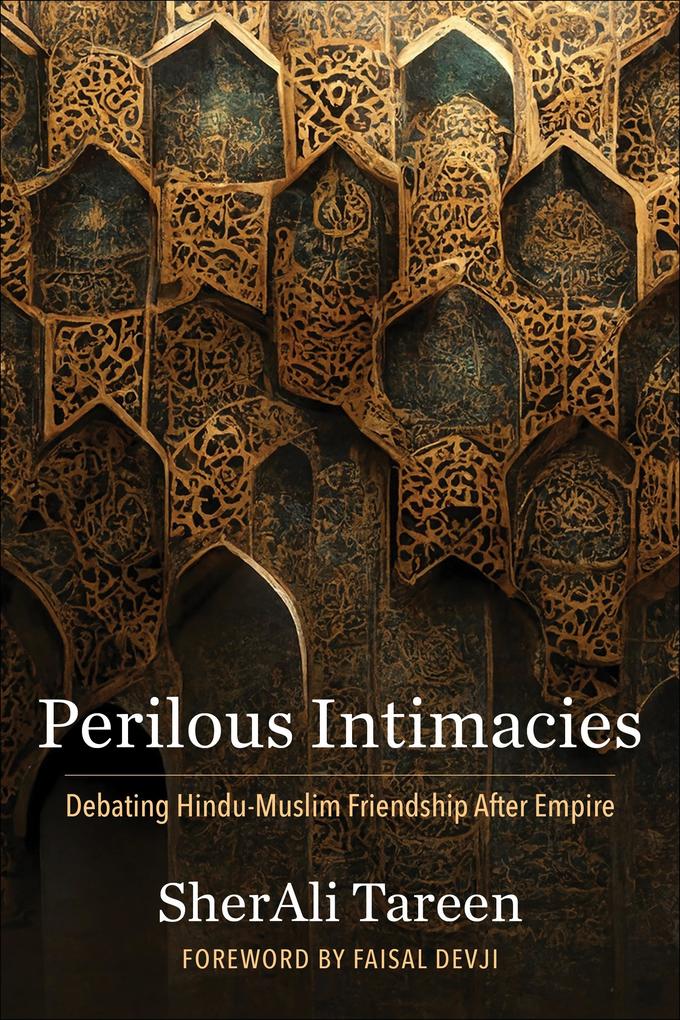Finalist, 2024 Award for Excellence in the Study of Religion: Textual Studies, American Academy of Religion
Longlist, 2024 Karwaan Book Award, Karwaan: The Heritage Exploration Initiative
Friendship-particularly interreligious friendship-offers both promise and peril. After the end of Muslim political sovereignty in South Asia, how did Muslim scholars grapple with the possibilities and dangers of Hindu-Muslim friendship? How did they negotiate the incongruities between foundational texts and attitudes toward non-Muslims that were informed by the premodern context of Muslim empire and the realities of British colonialism, which rendered South Asian Muslims a political minority?
In this groundbreaking book, SherAli Tareen explores how leading South Asian Muslim thinkers imagined and contested the boundaries of Hindu-Muslim friendship from the late eighteenth to the mid-twentieth centuries. He argues that often what was at stake in Muslim scholarly discourse and debates on Hindu-Muslim friendship were unresolved tensions and fissures over the place and meaning of Islam in the modern world. Perilous Intimacies considers a range of topics, including Muslim scholarly translations of Hinduism, Hindu-Muslim theological polemics, the question of interreligious friendship in the Qur'an, intra-Muslim debates on cow sacrifice, and debates on emulating Hindu customs and habits.
Based on the close reading of an expansive and multifaceted archive of Arabic, Persian, and Urdu sources, this book illuminates the depth, complexity, and profound divisions of the Muslim intellectual traditions of South Asia. Perilous Intimacies also provides timely perspective on the historical roots of present-day Hindu-Muslim relations, considering how to overcome thorny legacies and open new horizons for interreligious friendship.












